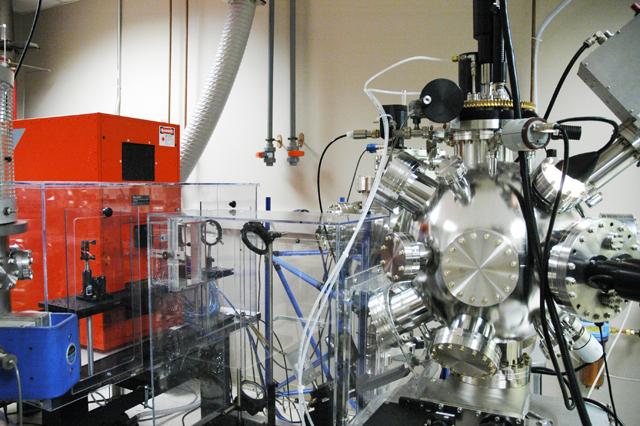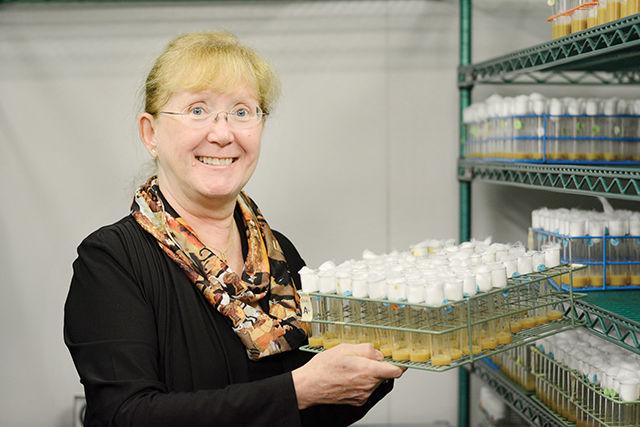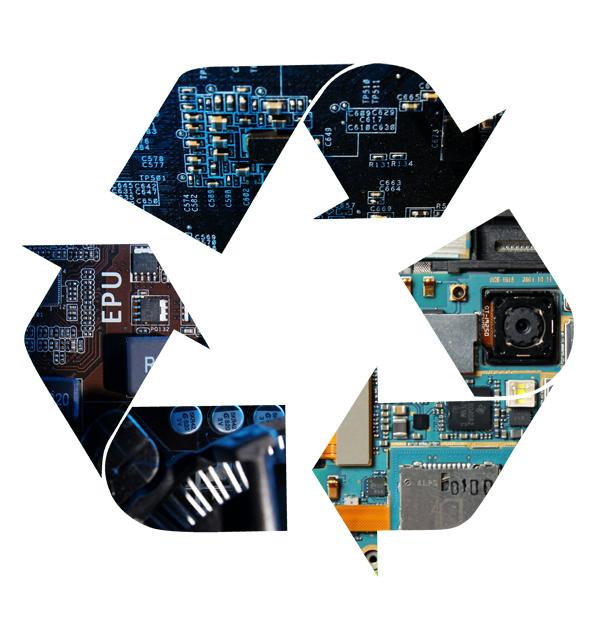Imagine a wristband that wirelessly monitors heart rate, tracks stress levels throughout the day and even helps physicians to better treat chronic diseases. Now imagine if the battery on this device never had to be replaced because it was powered by body heat. Even though such devices sound like science fiction today, they may soon be a reality thanks to the N.C. State Advanced Self-Powered Systems of Integrated Sensors and Technologies (ASSIST) Center.
Last September, the National Sciences Foundation funded N.C. State researchers with an $18.5 million grant for the ASSIST Center.
“[ASSIST] uses nanotechnology to improve global health,” John Muth, professor of electrical and computer engineering and deputy program director of the ASSIST Center, said.
As nanotechnology becomes more efficient, the amount of human body heat that wearable devices can capture and convert into energy will surpass the energy needed to power well-designed biosensors. This means that it will be possible to create biosensors that are powered only by the person wearing them, and that will be able to monitor human physiological parameters such as heart rate and stress levels. According to Muth, by creating such devices, it will be possible to “empower patients and doctors to manage wellness and improve quality of life.”
These wearable self-powered devices could be wristbands, patches that adhere to the body or even caps that can be placed on a tooth.
“Innovation and entrepreneurship are critical parts of this effort,” Muth said.
Researchers in the ASSIST Center plan to collaborate with both start-up companies and major corporations, creating a wide range of devices for different purposes.
Technology from the ASSIST Center could be used to help athletes train more effectively. For instance, biosensors would allow runners to better track their runs and monitor their physiological processes along the way.
“I’ve downloaded many health and lifestyle apps on my phone, but I can never keep up with them because it’s such a hassle to track everything,” Iqra Chhotani, a physiology graduate student at NC State, said. “With this new technology, it seems like the work will be done for me and all I’ll have to do is check the app!”
The National Sciences Foundation grant was given to NC State because of the technology’s implications on chronic disease management. Physicians will be able to track patient’s heart rates and stress levels over a long period of time and better determine the effect of environmental factors on chronic disease.
“Seventy-five percent of healthcare expenditures in the United States are on chronic disease and so the need is greater now than ever to use nanotechnology and mobile devices to address it,” Muth said. “[Data] would be encrypted and sent to the wearer’s healthcare professional, who could then analyze it and make clinical recommendations based on the newfound information.”
The data would be sent to an app on the wearer’s desktop or mobile device, as well.
“This will allow them to track their blood pressure, heart rate, stress levels and other indicators of health, and make lifestyle changes accordingly.”





